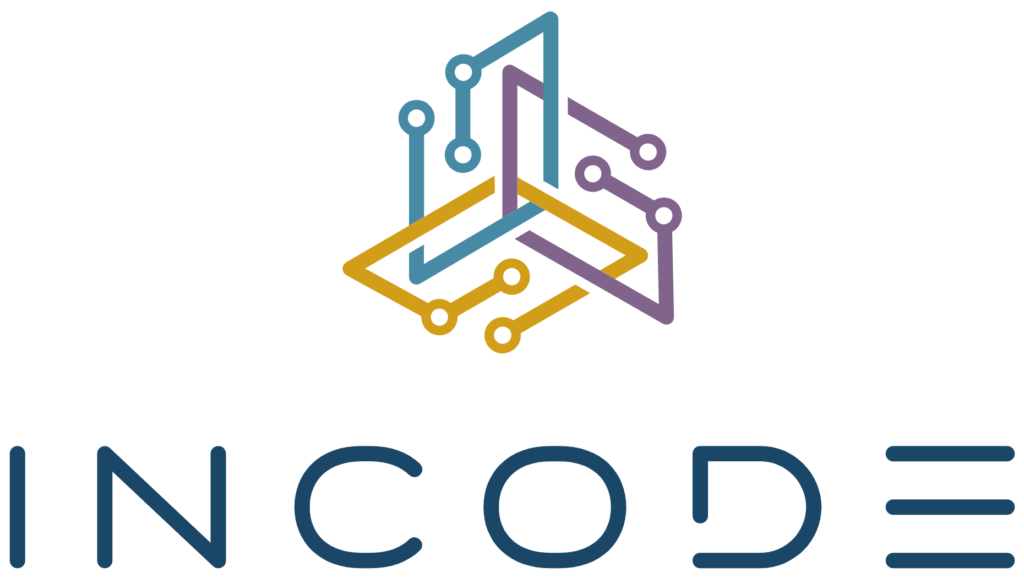
UBITECH hosted the kick-off meeting, in Athens, Greece (February 1-2, 2023), of the INCODE Research and Innovation Action, that is funded by the European Commission under the Horizon Europe Programme (Grant Agreement No. 101093069), spanning the period January 2023 – December 2025. INCODE will design and develop an open platform for the deployment and dynamic management of end-user applications, over distributed, heterogeneous and trusted IoT-Edge node infrastructures, with enhanced programmability features and tools. The platform will do so by implementing innovative design approaches and will constitute a fully-integrated infrastructure under the cloud–managed INCODE architecture. INCODE will contribute to the wider scope of reinforcing Europe’s position in the market of next generation smart systems (sensors and devices) integrated in an evolving Internet of Things and cyber-physical ecosystems with strong capacities at the edge.
The INCODE consortium is composed of a varied array of ICT industries, SMEs and Academia representatives that will bring unique and valuable contributions to enable the project’s open and trusted cloud-native programming platforms. UBITECH undertakes the technical coordination of the project, the design and delivery of the INCODE architecture and the development of a role-based access control-assisted orchestration framework to accommodate the real needs from multiple types of stakeholders that manage heterogeneous platforms.
Within INCODE, UBITECH drives the implementation and bindings among the INCODE core services, i.e., the resource manager, the scheduler, and the distributed filesystem with a carefully selected and open set of platforms ranging from IoT (e.g., Fiware, OpenRemote), open RAN (i.e., O-RAN), open 5G core (e.g., Open5GS or free5GC), and programmable datacentre networking (i.e., ONOS or OpenDaylight) to cloud orchestration (i.e., Kubernetes).
Moreover, UBITECH develops the application deployment and runtime orchestration mechanism, involving three activities: a) the first provides the graphical means for the INCODE end users to deploy their applications; b) the second activity translates the application deployment graph into an actual deployment, with the runtime orchestrator (RO) trying to achieve the desired state for the application by monitoring the actual state and by using Drools rules engine for enforcing the policies through backward chaining inference flow – translating a deployment workflow into an end-to-end slice, map this slice to an actual infrastructure, and delegating parts of this slice to be realized by the underlying set of IML instances; and c) the last activity is the creation of a distributed version of the Drools engine, allowing decentralized decision making for the INCODE end users, though the provided programming tools developed within INCODE.



